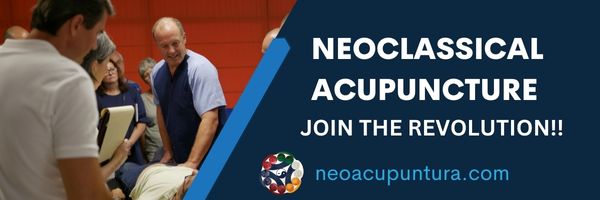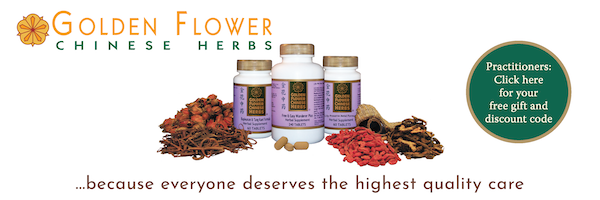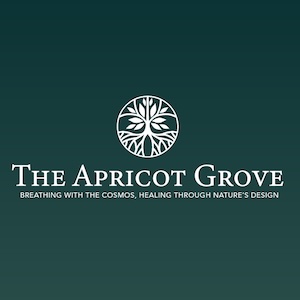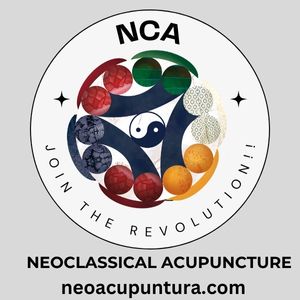The roots of tradition sometimes take hold in unexpected soil. What happens when traditions from France, Korea, and China converge in one practitioner’s hands? There’s a kind of alchemy in the way knowledge travels—through stories, teachers, and clinical results that raise the question of what is going on here.
In this conversation with Jacques MoraMarco, we explore the shape of a career that’s spanned over five decades. From his early exposure to French-Vietnamese and Korean teachings, to his role in building acupuncture education in the U.S.—Jacques has carried multiple lineages while helping to shape what Chinese medicine looks like in the modern clinic.
Listen into this discussion as we talk about the perspective of different streams of practice, the shift from apprenticeship to formal schooling, and how European and Korean influences still echo in his work.
In This Conversation We Discuss:
- Training with a Korean monk before acupuncture was legal in California
- The role of French-Vietnamese networks in spreading classical texts
- Using pulse diagnostics to determine constitutional types
- The early California acupuncture licensing process
- Auricular acupuncture and Dr. Paul Nogier’s contributions
- Treating HIV/AIDS patients with the four-needle technique
- How a lineage influences not just what you do, but how you think
- Using moxa and Korean hand acupuncture for self-care
- The influence of French homeopaths and their connection to acupuncture
- The shift from apprentice-style learning to institutional education, and what gets lost in that shift
- The importance of focusing on clinical results instead of theory, and how that guided his teaching
- Building acupuncture programs in the U.S. and the evolution of educational standards
Xi Men (PC4) has been described in the Jiayijing and Zhenjiu Dacheng as directly affecting the heart and blood. Weekly treatments with only this point over several months resulted in total cessation of body tremors in a veteran who suffered with nerve damage from toxic exposure during the Gulf War.
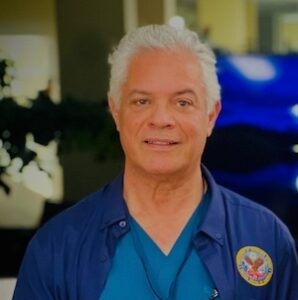 Jacques MoraMarco is the Academic Dean at Emperor’s College in Culver City, California, the oldest school of Traditional East Asian Medicine in California. Since 2023, he has been supervising doctoral students who are providing acupuncture in the post-traumatic stress disorder (PTSD) clinic at the VA Greater Los Angeles Health System, which serves over 80,000 veterans in the county of Los Angeles. He previously served as a clinical supervisor at Being Alive, a nonprofit that provides medical and social services to those with HIV/AIDS.
Jacques MoraMarco is the Academic Dean at Emperor’s College in Culver City, California, the oldest school of Traditional East Asian Medicine in California. Since 2023, he has been supervising doctoral students who are providing acupuncture in the post-traumatic stress disorder (PTSD) clinic at the VA Greater Los Angeles Health System, which serves over 80,000 veterans in the county of Los Angeles. He previously served as a clinical supervisor at Being Alive, a nonprofit that provides medical and social services to those with HIV/AIDS.
A licensed acupuncturist since 1977, he took the first acupuncture licensing examination ever administered in the state of California.
He apprenticed with See Han Kim, a renowned teacher of traditional Korean medicine, who was trained monastically. He completed his postgraduate work at Ecole Européene d’Acupuncture in Paris. From 1992 to 2002, he studied Sun Tai Qi with Sun Shurong in Beijing, China, and he is a fourth-generation lineage holder of Sun Tai Qi. He is a co-founder of the International Sun Tai Qi Association.
He is the author of The Way of Walking: Eastern Strategies for Vitality, Longevity, and Peace of Mind; The Complete Ginseng Handbook; and Walking Your Way to Vitality in Seven Weeks: Integrating Seven Styles of Walking, Breathwork & Mindfulness Into Your Daily Exercise, forthcoming in May, 2026.
Links and Resources
You can find Jacques’ books Way of Walking and The Complete Ginseng Handbook on Amazon.
Here are a few Instagram reels you’ll enjoy on Rolling Moxa Cones, Using Ear Acupuncture and Korean Hand Acupuncture.






